Scotland didn’t know it then, but 1962 was a seminal year for its future, and Aberdeen was key to it.
That was the year that a tall, gangly solicitor arrived in the Granite City to contest the Aberdeen South seat for Labour.
Who could have suspected that the late Donald Dewar would – 37 years later – become the inaugural First Minister of the newly devolved Scottish nation?
Often regarded as the Father of the Nation, Dewar’s political legacy lives on through devolution itself and the Scottish Parliament we have today.
So what happened back in 1962?
The local Labour party chose him to fight Tory Lady Tweedsmuir for the prized South Aberdeen seat which the socialists had never held but desperately wanted.
He failed the first time around in the General Election in 1964, but in June 1966, the celebrations went on well into the night when he clinched a historic victory.
Dewar was 28.
So typical of the man, however, that just hours later he was hard at work at the Labour HQ in the Adelphi helping to clear up.
“Everybody’s tired and I must lend a hand,” he said.
The Evening Express reporter he spoke with gave his opinion of Dewar afterwards.
He said: “His refreshing honesty, his enthusiasm and boundless energy make him like a boy going eagerly to school to be the top of the class.”
During his three years in the city, friends and colleagues talked of Dewar having verve and drive – moving and working at the same high-speed pace as he spoke.
Here was a man – even back then – who was destined for the top.
His political colleagues from that time recalled Dewar’s election campaign.
Speaking some years later, the late former councillor Jim Lamond said: “It was a wonderful feeling that night we got a Labour MP for the first time in Aberdeen South.
“And it was all because Donald worked so incredibly hard, never walking when he could run, meeting as many people as he could in the city during the campaign.
“He had the same energy throughout his political career.”
Donald Dewar was ‘one of the straightest guys in politics’
The late Bob Middleton also remembered those days in an interview in the 1990s.
The former councillor and Grampian Region convener – who died in 2002 – gave Dewar a glowing endorsement and painted a picture of the man behind the rosette.
He said: “He was one of the straightest guys in politics.
“What you saw was what you got.”
Although he lost the seat back to the Tories and Iain Sproat three years later, young Dewar did indeed have a glittering political future ahead of him.
Aberdeen South had given him that vital first rung in the ladder.
He returned – defeated – and would go back to working in law in Glasgow.
But politics was too big a draw to ignore for Dewar and eight years later he was elected to represent Glasgow Garscadden in the 1978 by-election.
He was a passionate supporter of devolution and worked hard for his constituents during two decades of Tory rule under Margaret Thatcher and John Major.
Labour won a landslide General Election in 1997 under Tony Blair’s leadership.
The new PM appointed Dewar Secretary of State for Scotland in 1997.
Dewar never looked back.
He campaigned hard for a Scottish Parliament in the 1997 Scottish Devolution Referendum, and, after the successful campaign, worked on creating the Scotland Act, 1998.
The following year Dewar was appointed Leader of the Labour Party in Scotland and managed to form a Labour-Liberal Democratic coalition.
He was elected as first minister on May 13 1999, by a vote of the parliament, and formed the first Scottish Executive cabinet.
As first minister, he set out the legislative programme for the Executive which included: an education bill to improve standards in Scottish schools; land reform to give right of access to the countryside, a bill to abolish the feudal system of land tenure; and a bill to establish National Parks in Scotland.
The priority of the early Scottish Parliament was to show that it worked.
Later achievements, such as free personal care, a ban on smoking in public places, free tuition fees and minimum alcohol pricing, arguably showed that it did.
But on October 10 2000, his ambition as founder of the first Scottish Parliament was cut brutally short when he died suddenly of a brain haemorrhage aged 63.
His death was marked by warm tributes from around Scotland and the world.
Former Fife Labour parliamentarian Henry McLeish, who worked with Dewar as a minister in both the UK and Scottish governments and succeeded him as first minister, said the untimely death shocked and saddened everyone in Scotland.
Aberdeen tributes to Donald Dewar
Aberdeen dignitaries paid their own warm tributes to him at the time.
Former Aberdeen Lord Provost Lord Kirkhill said: “When he came to Aberdeen it was clear he was someone of great political potential and intellectual integrity.”
And former Lord Provost Margaret Farquhar said: “He was absolutely the right man in the right place to lead the Scottish Parliament.”
Over 22 years since his death, Dewar’s legacy still looms large at Holyrood.
And in Aberdeen where it all started.
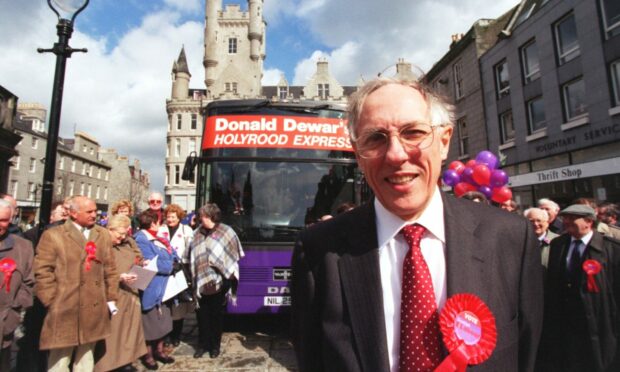
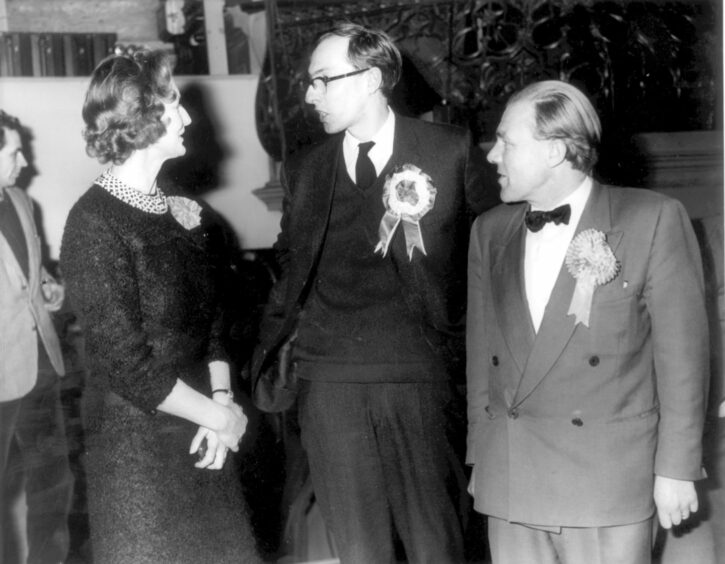
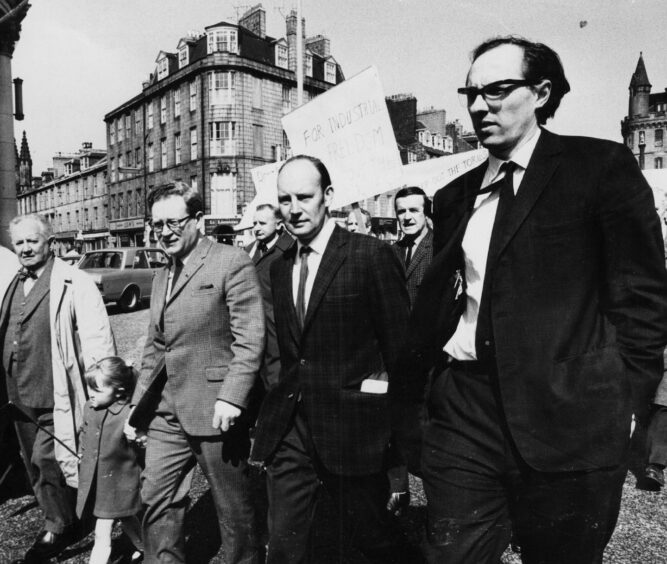
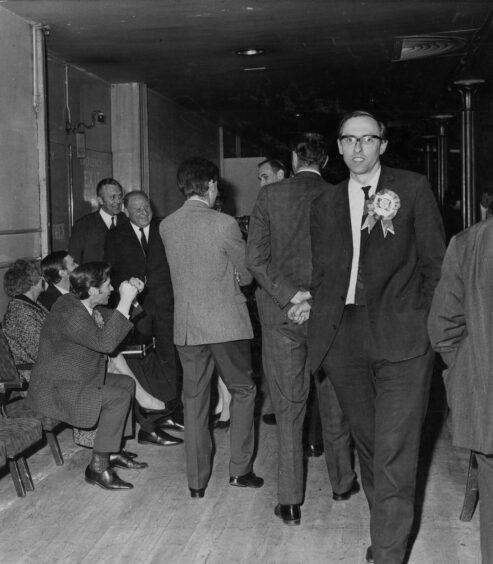
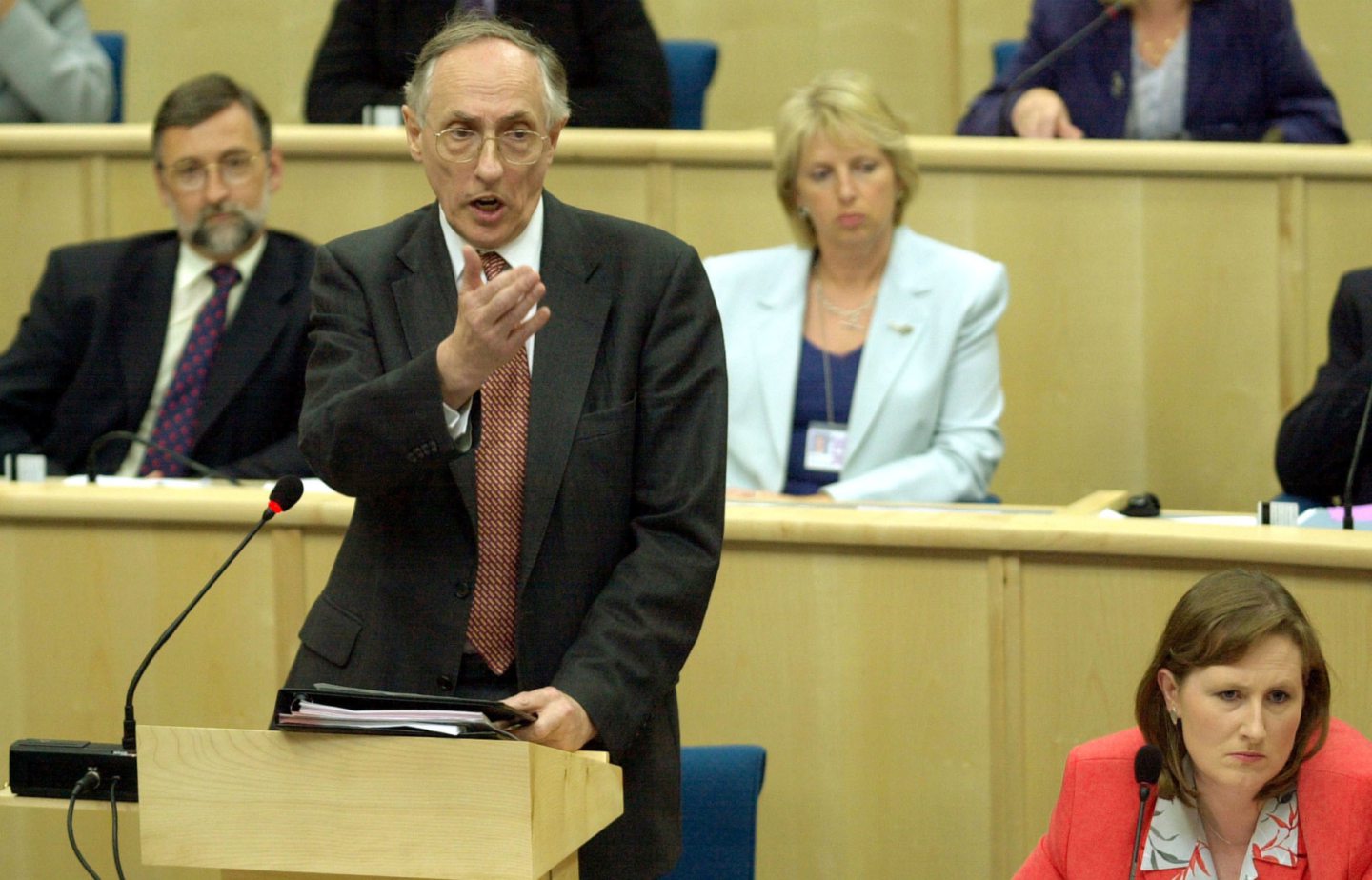
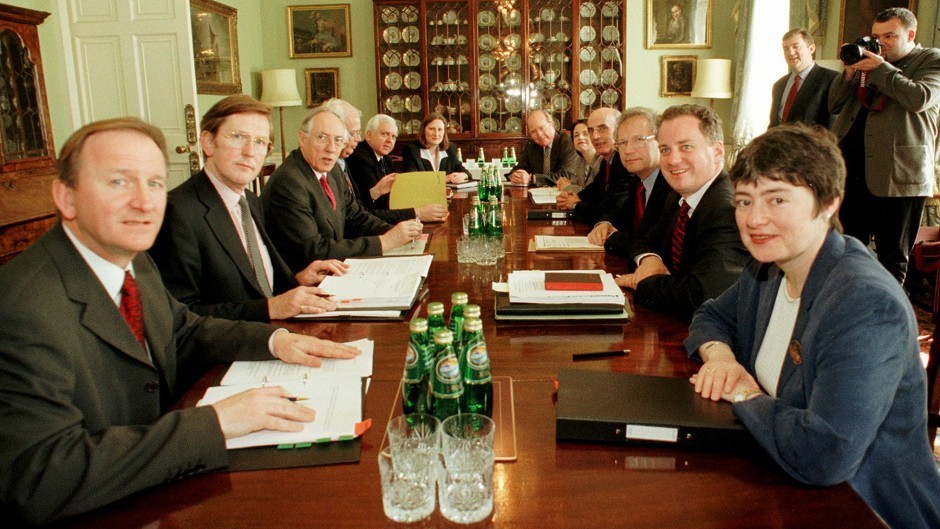
Conversation